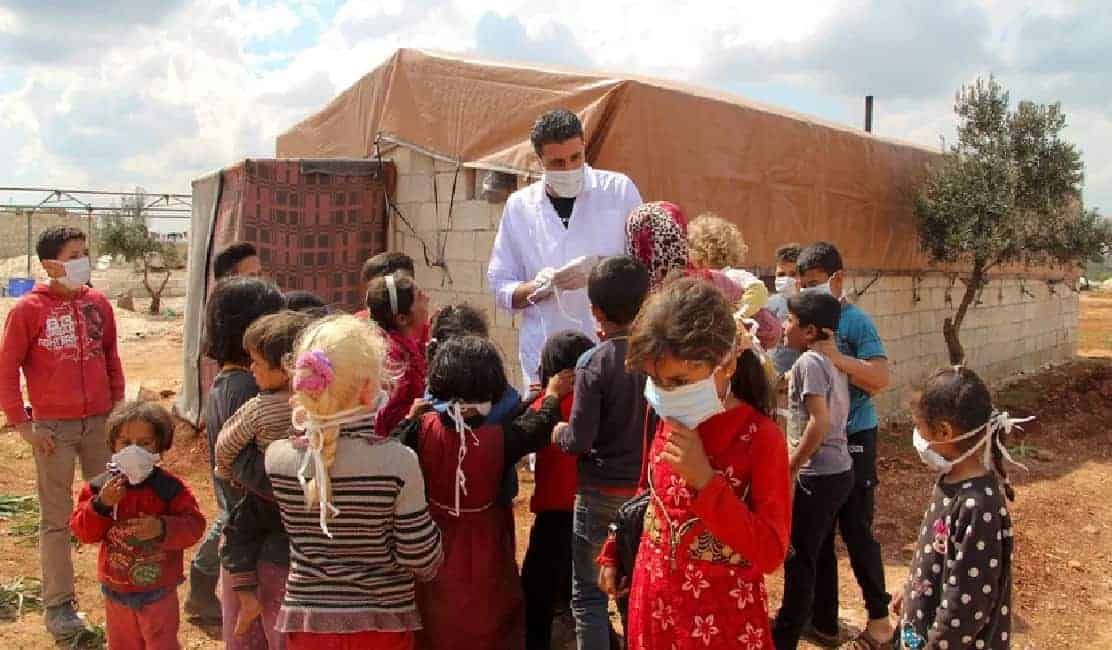DAMASCUS: The Syrian Health Ministry on Sunday confirmed the first novel coronavirus case in the country, state TV reported.
The 20-year-old woman, who was infected with COVID-19 came from abroad, said the Health Ministry, Xinhua reported.
All needed measures to deal with the case have been adopted, it added.
The arrival of the coronavirus in the impoverished Gaza Strip and Syria where the health care system has been ravaged by nine years of civil war, raised fears that the outbreak could wreak havoc.
Earlier on Sunday, the Syrian government suspended public transportation, the state news agency SANA reported.
The new order will go into force on Monday evening and will be applied in all Syrian provinces, said SANA.
The measure comes as part of a series of measures the Syrian government has taken to protect the public from the novel coronavirus.
On Saturday, the government ordered the shutdown of restaurants, cafes and government ministries.
Authorities in Gaza confirmed the first two cases of novel coronavirus on Sunday, identifying the individuals as Palestinians who had travelled to Pakistan and were held in quarantine on their return.
Preventive measures
The Damascus authorities have over the past week increasingly taken measures to prevent a spread of the deadly virus.
They have ordered schools, universities, restaurants, cinemas and events halls to close, and suspended prayer gatherings.
They have also stopped work or downsized staff in government institutions, and transport between provinces is to come to a halt from Tuesday.
Last week, Damascus postponed parliamentary polls scheduled for next month until further notice.
After nine years of a war that has killed more than 380,000 people and ravaged the country’s infrastructure, fears are high that a COVID-19 outbreak in the country would have devastating consequences, especially in areas outside regime control.
These include the last major rebel bastion of Idlib in the northwest, and the Kurdish-held northeast.
A World Health Organization spokesman earlier this month warned that Syria’s “fragile health systems may not have the capacity to detect and respond” to what is now a pandemic.

